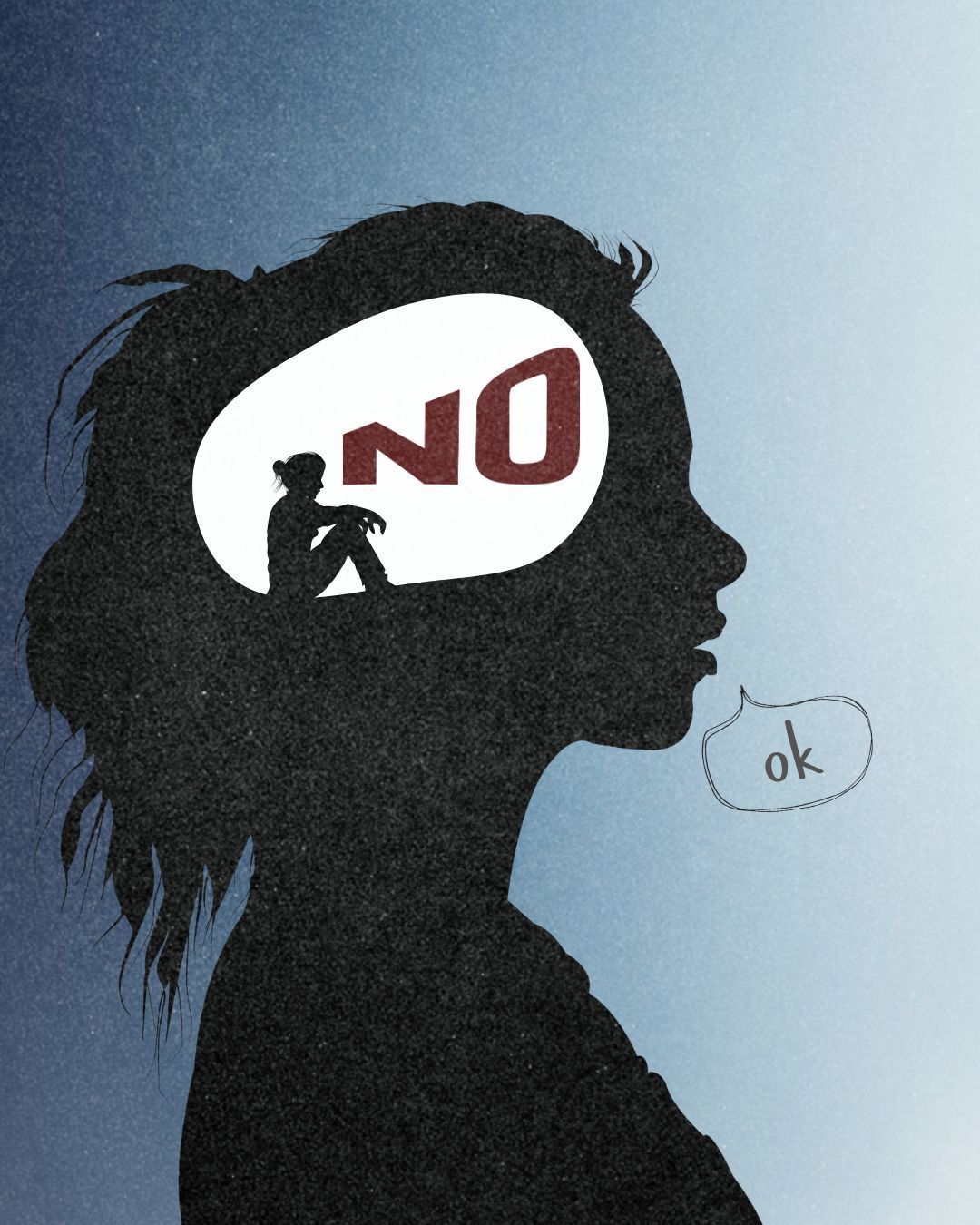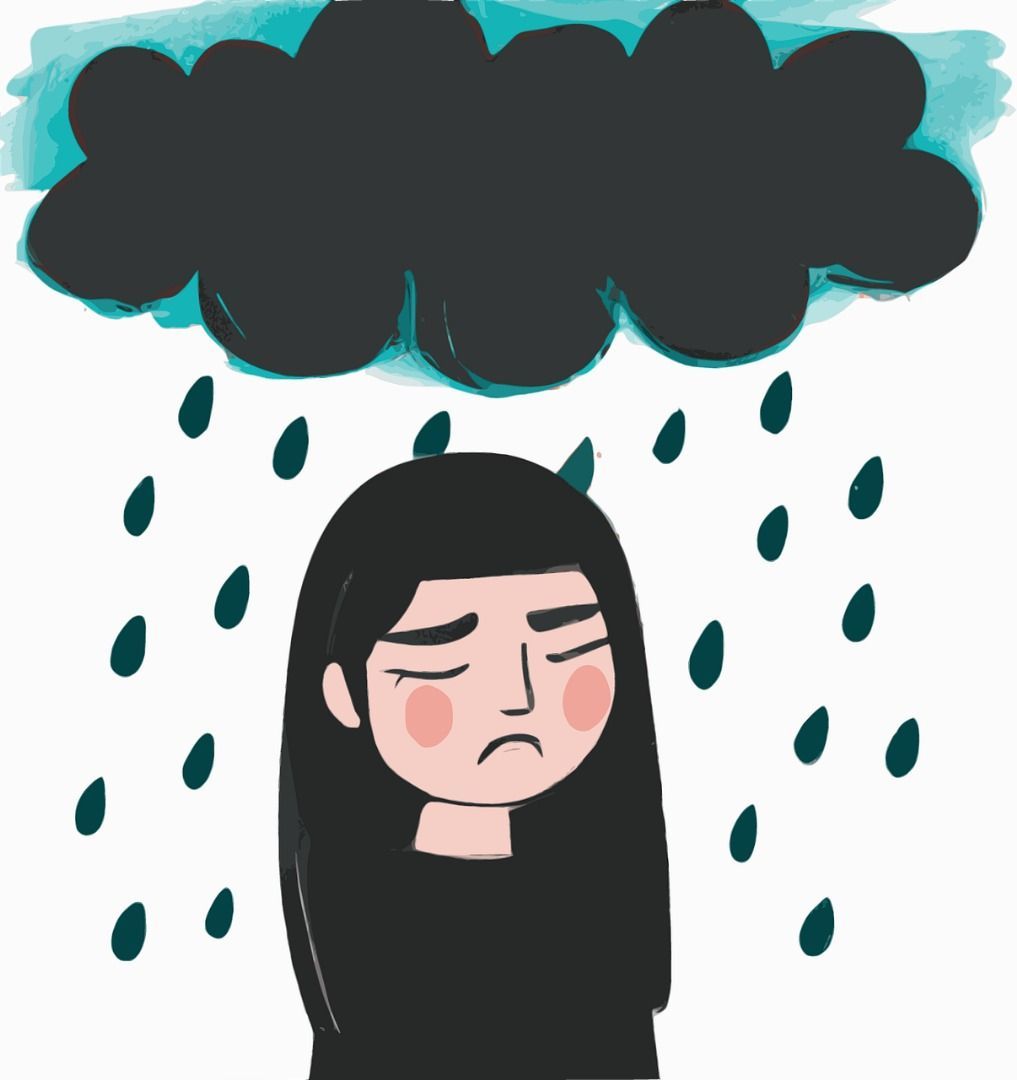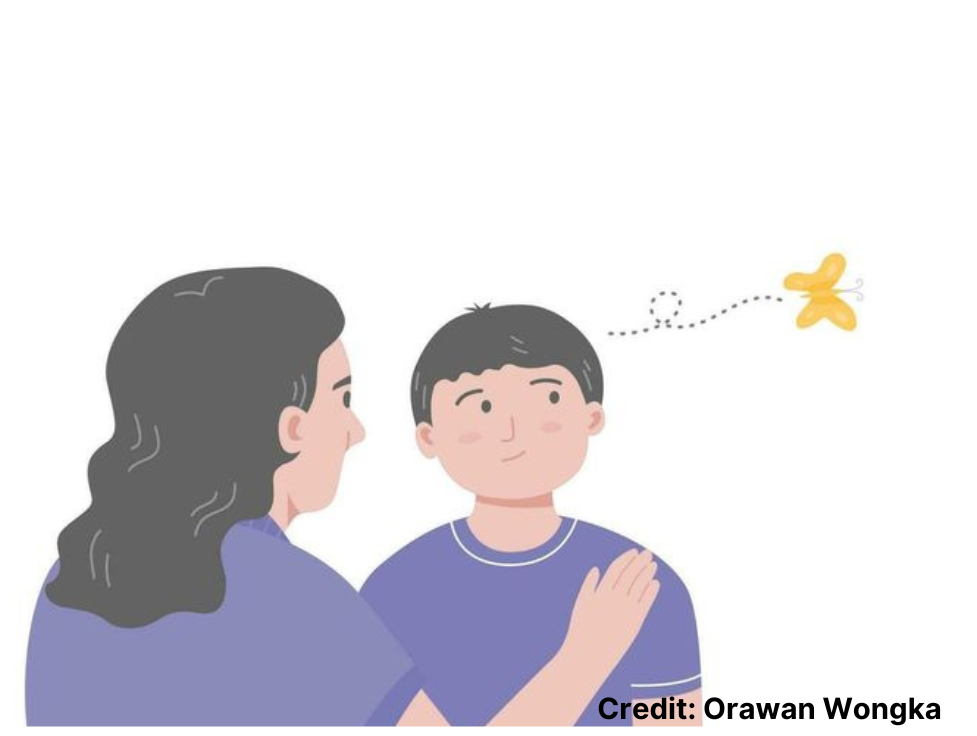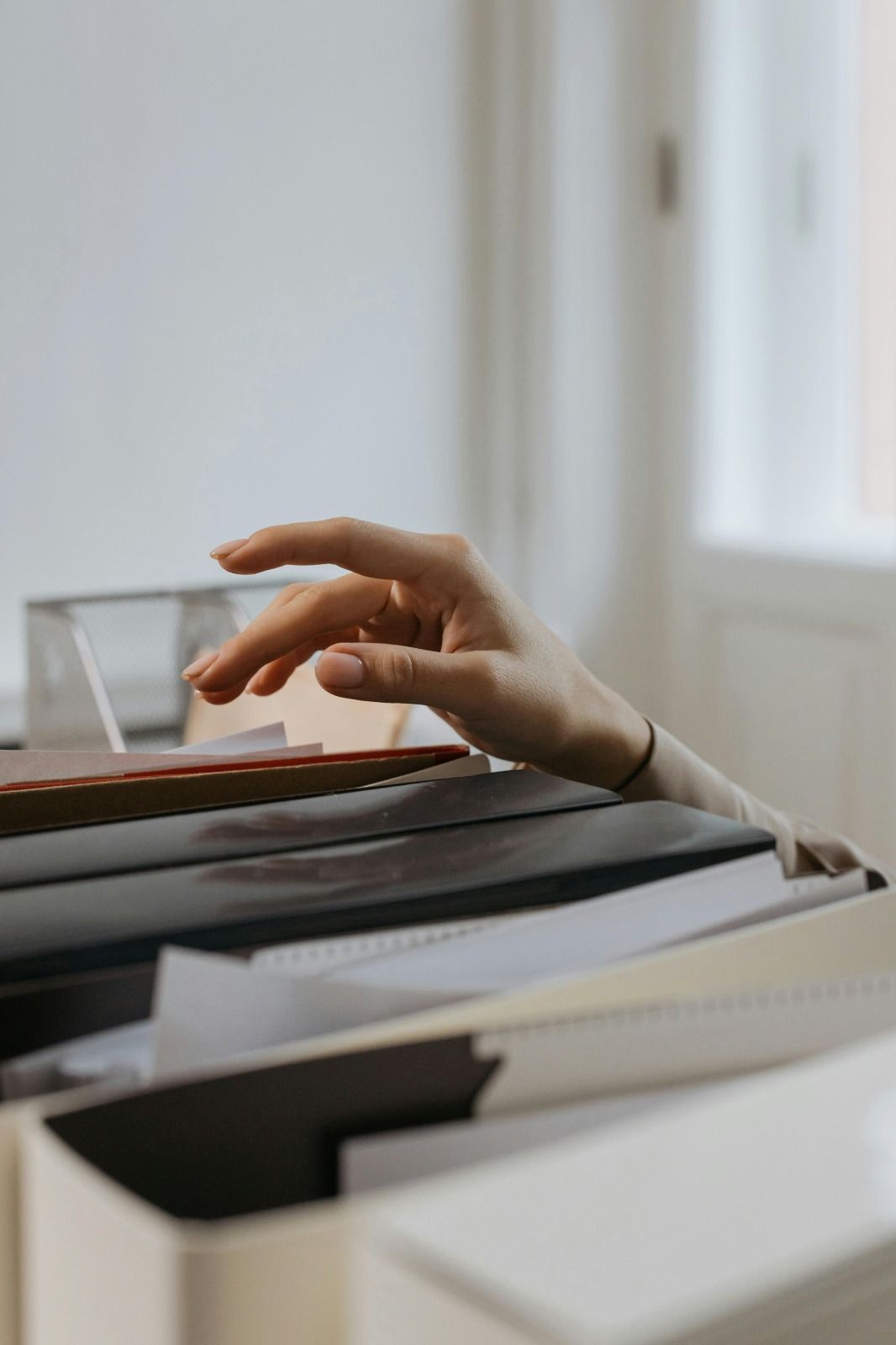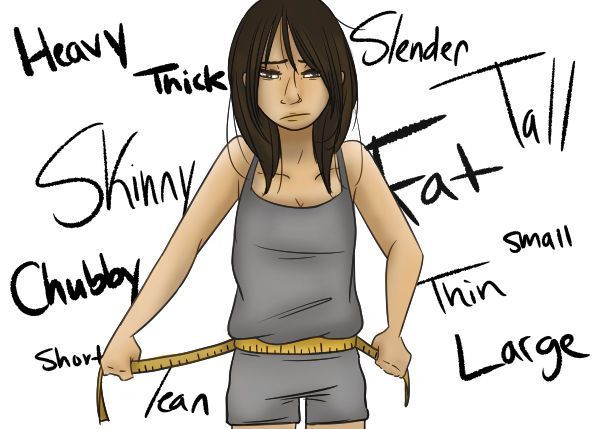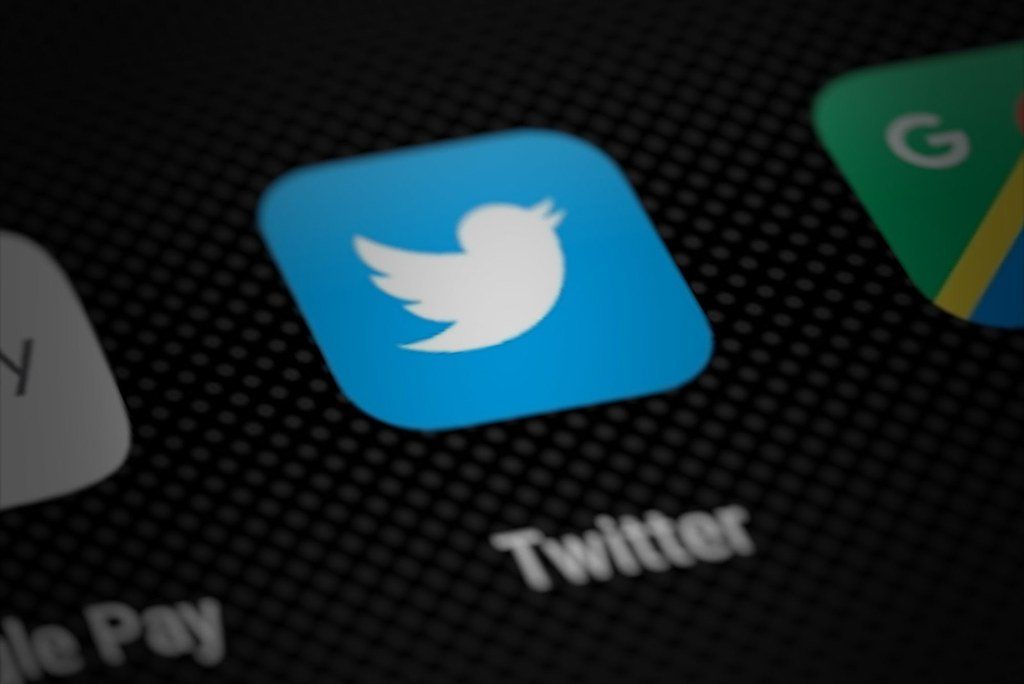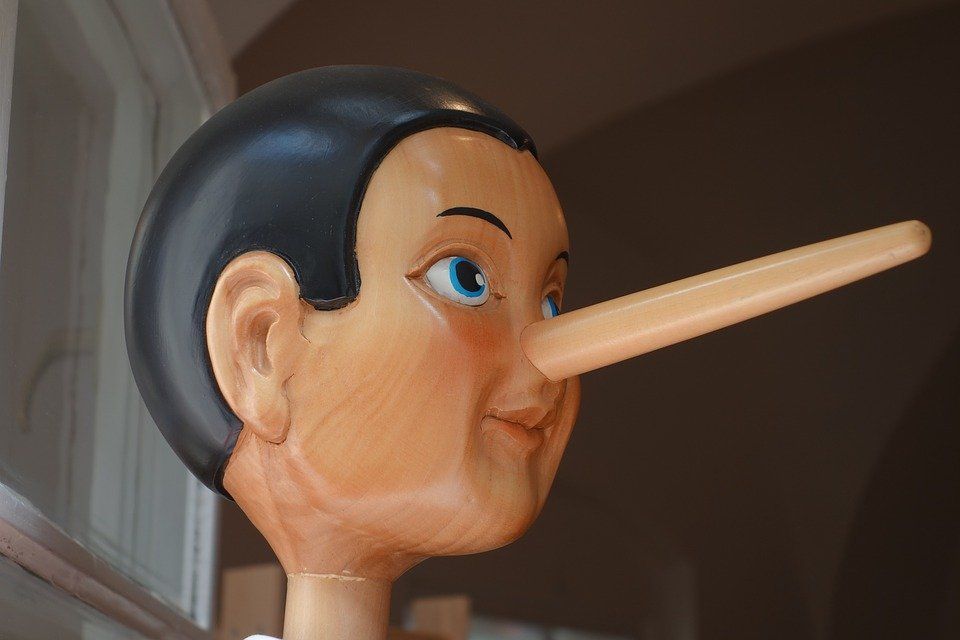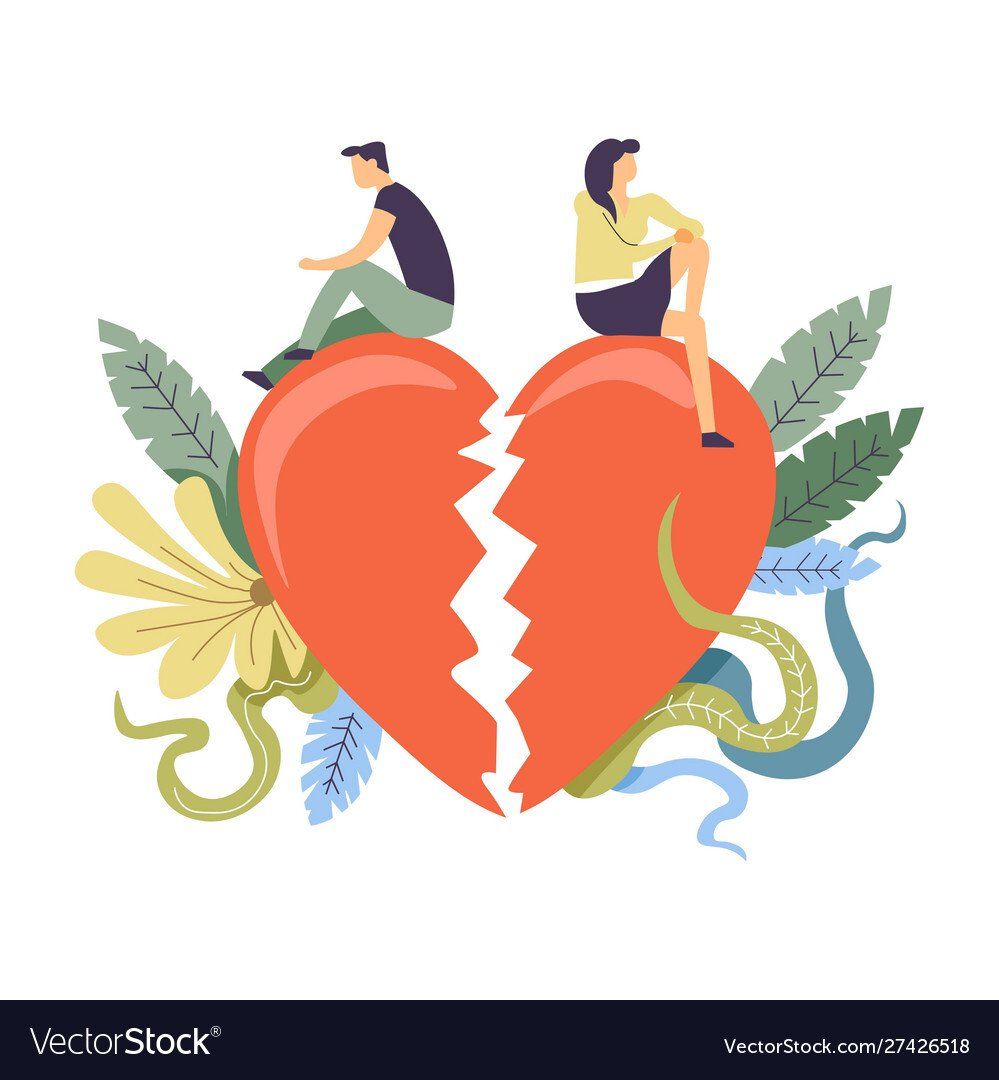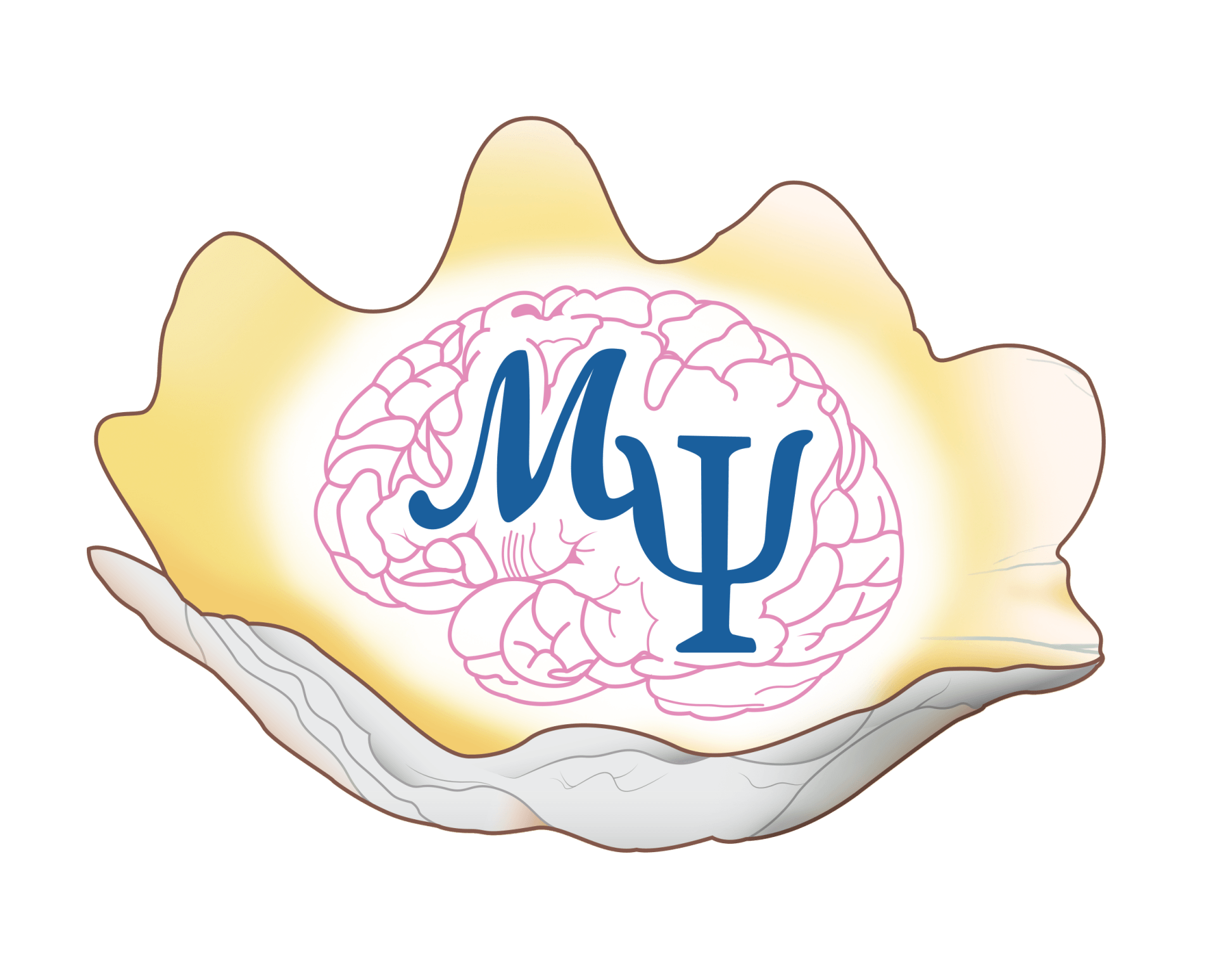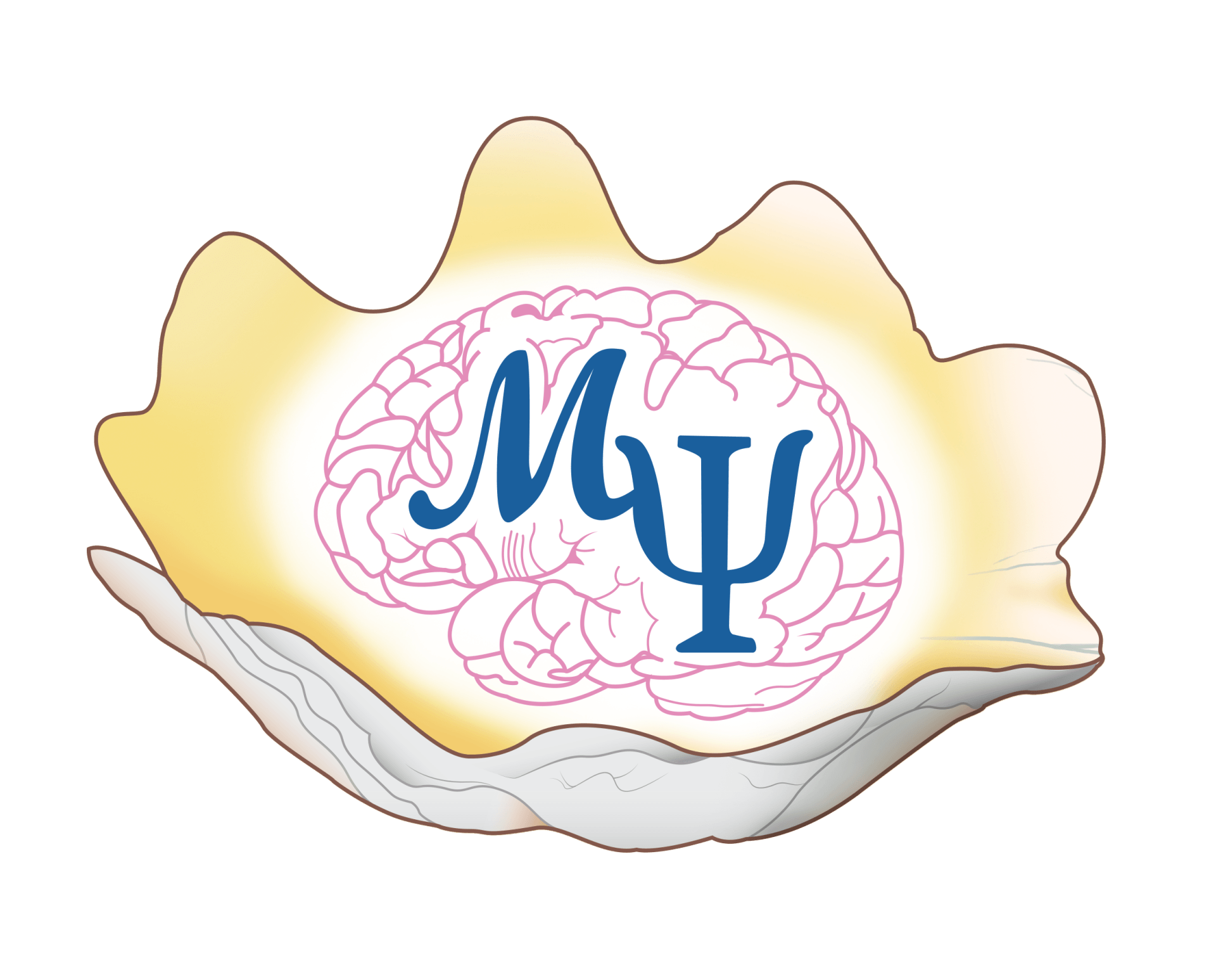The Day I Realised I Was My Own Worst Critic
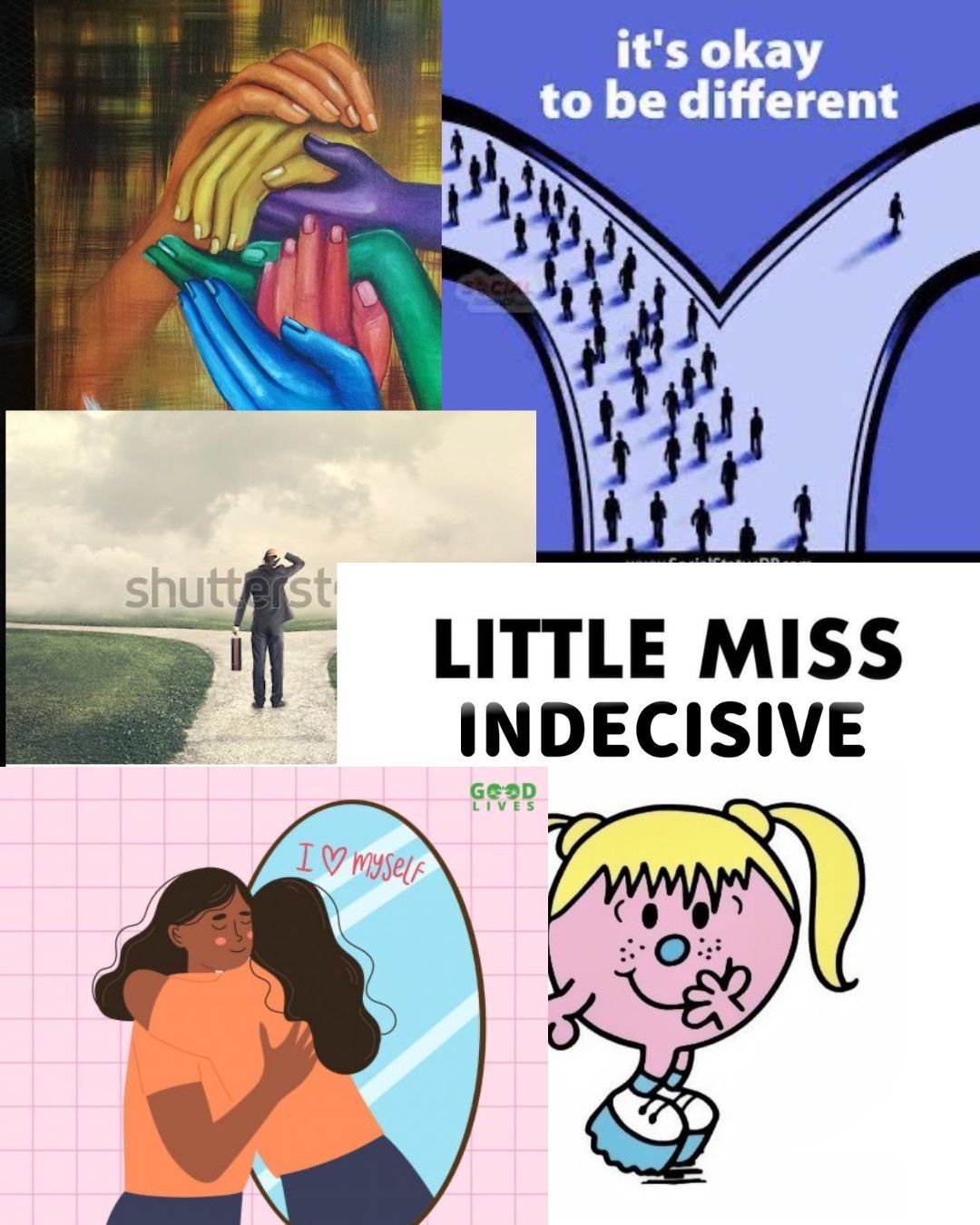
Being a teenager isn’t easy. You're stuck trying to figure out who you are while constantly sizing yourself up against your friends, those influencers you see online, or even random people you come across. But what I didn’t get back then was that the hardest critic of all wasn’t anyone else—it was me. The day it finally hit me how tough I was being on myself changed everything.
For the longest time, I didn’t really think much about how I viewed myself; just kind of assumed this is the way everyone feels — awkward, unsure, and constantly second-guessing all the time. Then it finally hit me like a ton of bricks one day: this was not just normal, customary self-doubting at the age of a teenager. I was my own critic. I did not need an enemy because I was doing a good enough job on myself.
The Constant Pressure to Be Perfect
I only really realised it in retrospect; however, it has always been there. It accompanies every decision I make with an internal commentary. Did I say the wrong thing? Am I embarrassing myself? Why did I choose this outfit? The questions were endless. I would replay my mistakes over and over in my mind, imagining every way I could have done things differently. I would watch everyone else around me, and they were together and sorted, so why couldn't I?
I always believed that I must be hard on myself to improve; how else could I do so? But now, it is not even about improvement-it is just constant perfectionism. It applied to all areas-in school, with friends, and in my day-to-day life. I felt as though I was always falling short. The saddest part, of course, is that if I were imperfect, I was supposed to be worthless.
The Breaking Point
Thus came the breaking point with a crafting project at the national level, a project I was working on with my teammates. We were straight engaged in it for twelve days, pouring every ounce of effort for everything to go perfect. Each of us did a part, and mine was one of them, and as the day for presentation struck slowly nearer, I got it into my mind my work was the weakest. Even after spending days tweaking it, the absolute feeling of inadequacy could not be shaken off. Everyone around me, my best mates in particular, was reassuring me that this, indeed, was the best of all--so much so that they were very sure it would win the competition for us.
Well, I did not believe what they said. To me, I thought they were just trying to support where they could and that the pressure to make everything perfect had gotten the better of me. I never saw myself as being able to meet the high marks I set for myself. I did not appear on the day of the presentation just because I simply could not tackle that one.
I was very shocked to discover that my team had won the championship prize and credited my part as the reason for their winning it. That was the moment I realised something very profound: I had been wrong. My work had not been the worst; it was precisely what the project needed. And more amazing? I made even a bigger difference than I thought.
Keeping My Expectation Low & Considering Myself A Failure
And there have been moments when I didn't feel even remotely suited for anything related to success and began to settle in disappointment over self and manage lower expectations simply because it would save from the painful experience of failure. I created the philosophy of "low-emotional-involvement" because, at the core, it would mean not expecting much. Unfortunately, this thinking had a reverse effect-the feeling like a failure came first even before trying out anything. I stopped setting extremely high bars because of fear that I would miss and instead managed to convince myself that playing it small was safe. In reality, I was only subjugating myself.
The thought roamed my mind that I may not be good enough for success, friendship, or anything that I wanted. That doubt in oneself spread through everything that I did. Most often, I would say: I'm just a loser. I just don't care anymore. I would call myself a failure again and again until I believed it. I didn't even try because I didn't think my efforts would make much of an impact. I had stopped believing in my inherent potential, which, I feel, was the worst feeling of all.
It Took Longer Than I Expected
It took me longer than I would like to admit to finally understand that I was my biggest obstacle. I was a teenager at the time, and I was trying to discover who I was and where I belonged in the world. Further complicating things, I sought validation from others as I was not secure enough about my identity. But the hardest part was not just letting go of the fear of failure — it was learning to accept myself as I was. Imperfections and all.
It didn’t happen overnight. Criticism had always been equated in my mind with me growing. Now, unlearning that took years, and believing that it meant I was growing personally. Mistakes were not an indication of who I am, but of what improvements there were yet to be found in me. And then slowly, but surely, I started to shift that though process.
A New Perspective: Embracing Imperfection
Finally, I began concentrating less on those things that I could not do very well and instead on what I was doing successfully. I learned to celebrate all the little wins that would allow me to turn in an assignment, have a good conversation with a friend, or just keep showing up every day. I realised that mistakes were not the end of the world: they were part of the process.
I also learned to ask myself: “would I treat a friend this way?” If a friend were struggling with self-doubt, I would not criticise them for it. I would remind them of all the amazing things they were doing. So, why wasn’t I doing that for myself?
The Road Ahead
I will not say that I've completely eliminated the criticising voice inside my head. It does still enter in my life now and then. But these days, I see it as simply something that can be understood and understood not as an inner truth. I'm learning to give myself permission to indulge in imperfection, make mistakes, and learn from them without judging myself-it really took long, longer than most people would expect.
I am beginning to figure this out for myself-actually more slowly than anyone else would think. I can see myself in a gradually better light. And believe me, I know I am not on the journey alone. So, if you're reading this and think you are your own worst critic, let me tell you-you don't have to be. Be as nice to yourself as you want to acknowledge the fact that you're allowed to make mistakes, but you know you can still be great anyway.
And that is something I wish I could realise as much earlier as possible.
